T-Mobile and AT&T balk at proving 5G coverage claims, 'it's too expensive'
We may earn a commission if you make a purchase from the links on this page.
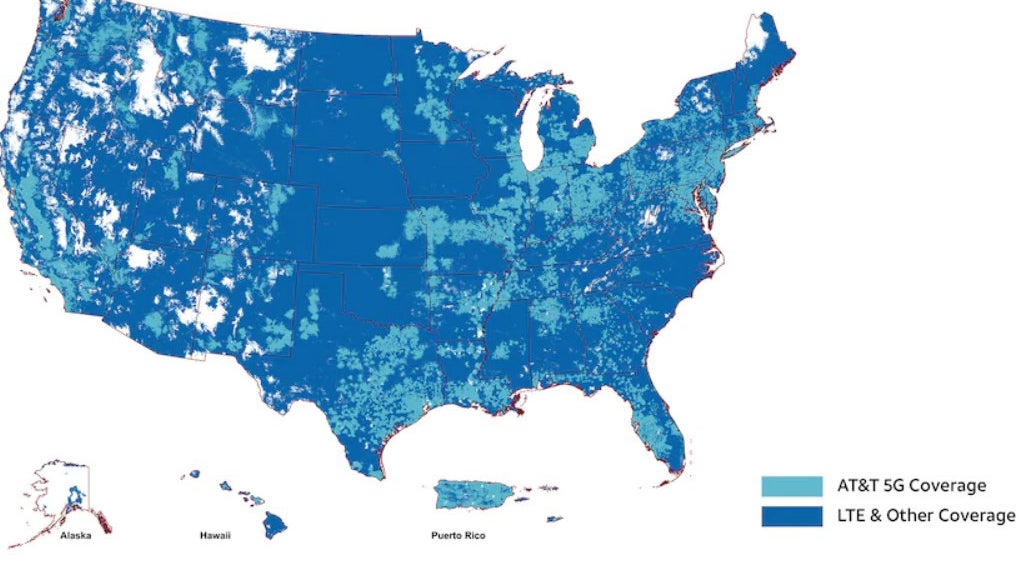
It's become a familiar refrain by now - a carrier claiming coverage just to be snubbed by another carrier on process or measuring techniques.
T-Mobile: A blanket requirement to perform regular on-the-ground testing will force providers to spend millions of dollars each year on tests, resources that would be better spent investing in our network and deployment in rural America... extremely expensive and burdensome.
T-Mobile boasts the widest "5G availability," Verizon brags with the fastest 5G, all the while AT&T keeps reaping median download speed awards, what gives? If you are confused about the state of US carriers' 5G networks, you are not alone.
They have employed a dizzying array of 5G bands for their base stations, and commenced the rollout from completely opposite approaches that prioritize different features, even if you have the latest and greatest phone like the Galaxy Note 20 Ultra.
US carriers' 5G coverage claims will need to be proven, says the FCC
Coverage, in particular, is a bit trickier due to misleading claims, but its winner is still relatively easy to determine as T-Mobile. By virtue of using the slow but farther-reaching low 5G bands, T-Mobile can brag with blanketing "6,000 cities and towns covering 225 million people across over one million square miles" with 5G connectivity. At the end of June, AT&T said its 5G service was live in 335 markets, covering multiple cities within those, and reaching 179 million people.
In contrast, Verizon recently got into hot water over "nationwide" 5G coverage ad claims, as its ultrafast mmWave network needs base stations every 1000 feet or so, and is only available in streets and blocks of certain cities. Still, that doesn't prevent T-Mobile from advertising its 5G coverage as more than AT&T and Verizon "combined," even though it measures every small town and village it blankets, and not whole metro areas as AT&T, so population coverage is the more reliable metric in the end.
In any case, the FCC now wants carriers to stop with the computer models of their 5G coverage, roll up their sleeves, and do actual on-the-ground testing, similar to what companies like Rootmetrics do:
The FCC’s maps are supposed to let policy makers know where broadband is and isn’t available, so that they can figure out who gets the $4 billion in federal subsidies that are supposed to help bridge the digital divide.
Needless to say, both AT&T and T-Mobile are not impressed (Verizon is conspicuously absent from the objection letters sent to the FCC), reports CNET, and claim that such tests would be prohibitively expensive to carry out.
AT&T: AT&T estimates that to drive test just 25% of the square kilometers of its nationwide 4G LTE coverage would cost approximately $45 million each year and that drive testing only 10% of its coverage would still cost as much as $18 million/year... too costly.
T-Mobile: A blanket requirement to perform regular on-the-ground testing will force providers to spend millions of dollars each year on tests, resources that would be better spent investing in our network and deployment in rural America... extremely expensive and burdensome.
So, driving around to prove coverage will be too expensive, according to carriers, while third companies do it anyway, and sell the data to the highest business analytical bidder. We'll see if the FCC prevails, but Congressional leaders from both parties are pushing it to clean up its maps, especially in rural areas that get government subsidies, so the carriers might have to fire up their engines in the end.
Follow us on Google News



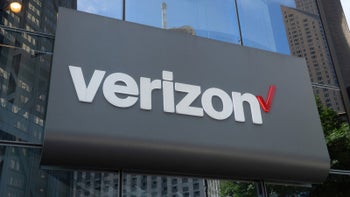

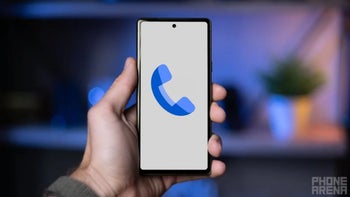
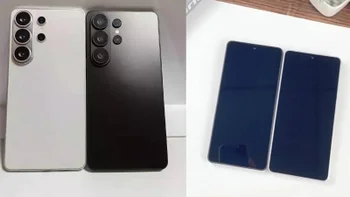

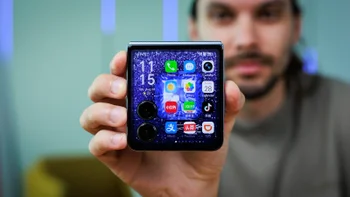
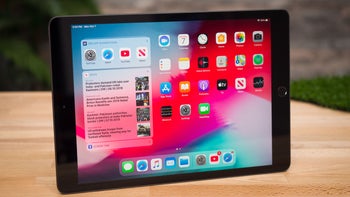


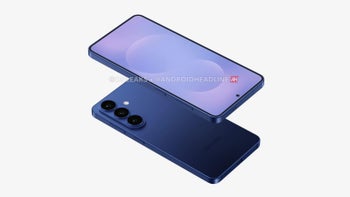
Things that are NOT allowed:
To help keep our community safe and free from spam, we apply temporary limits to newly created accounts: